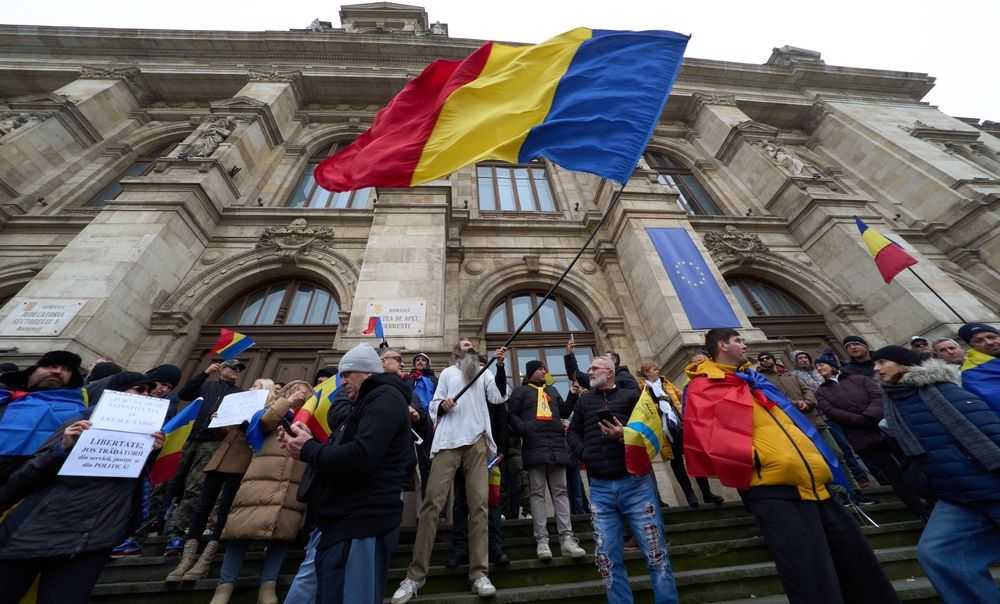Home>From Populism to Stability? Lessons from Romania’s 2025 Presidential Elections

16.09.2025
From Populism to Stability? Lessons from Romania’s 2025 Presidential Elections
In her policy brief Beyond the Ballot: Understanding the Lasting Impacts of the 2025 Elections, Antonia Colibasanu (Associate Professor dr. SNSPA & visiting researcher at the CEVIPOF), analyzes Romania’s 2024–2025 presidential elections, which were marked by political instability, the annulment of an initial vote due to disinformation and foreign interference, and the eventual victory of Nicușor Dan in the May 18, 2025 runoff against far-right leader George Simion.
Political context
The first round in November 2024 was annulled after the unexpected rise of an ultranationalist pro-Russian candidate, amid intelligence reports of coordinated disinformation. A rerun in spring 2025 unfolded in a highly polarized climate with widespread distrust of institutions.
Electoral outcome
Nicușor Dan (independent backed by USR) won with 53.6%, thanks to strong support in urban, multi-ethnic regions (notably Transylvania) and in Moldova. George Simion (AUR) consolidated support among the diaspora, younger voters, and economically strained rural areas.
Structural dynamics
The rise of nationalist populism fueled by public discontent with corruption, party infighting, and socio-economic pressures. Erosion of public trust, amplified by foreign influence (Russia’s disinformation and the rhetorical impact of U.S. Trumpist narratives).
Campaign innovations
For the first time, foreign and security policy became central to the electoral debate (EU, NATO, Ukraine war, relations with the U.S.). Dan, cautious yet firmly pro-European and pro-NATO, embodied a moderate alternative to instability.
Future outlook
Despite the pro-European victory, populist and sovereignist movements retain significant influence (one-third of Parliament). Romania is now a test case for wider European tensions: balancing Euro-Atlantic integration, economic nationalism, and foreign interference.
Democratic stability will depend on whether elites can address citizens’ grievances while preserving institutional legitimacy.
Contact Us
Address: 1 place Saint-Thomas d'Aquin, 75007 Paris
Ph.: +33 (0)1 45 49 51 05
Email: info.cevipof@sciencespo.fr